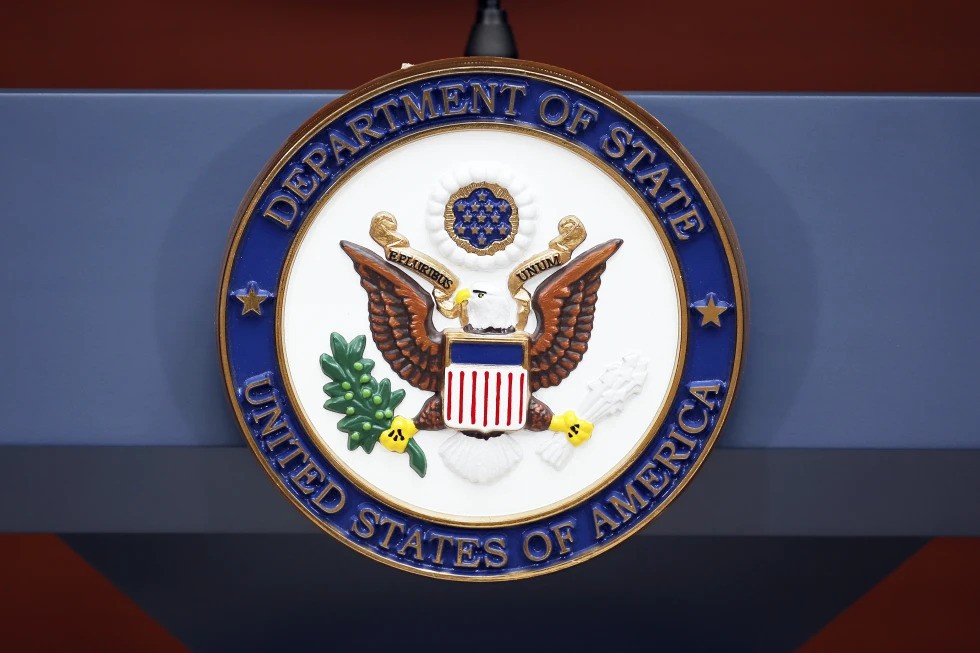The United States Department of State is reviewing the records of more than 55 million foreigners who currently hold valid US visas, with the possibility of revocation or deportation for violations of immigration rules.
The department said all visa holders are under “continuous vetting” to determine if they remain eligible. “Should such information be found, the visa will be revoked and, if the visa holder is in the US, he or she would be subject to deportation,” it said.
Officials said the review is aimed at identifying visa overstays, criminal activity, threats to public safety, or links to “terrorist activity” and “terrorist organisations”. The department added it monitors law enforcement and immigration records as well as new information that comes to light after visa issuance.
The disclosure came shortly before Secretary of State Marco Rubio announced on Thursday an immediate suspension of all worker visas for commercial truck drivers, claiming that foreign truckers were “endangering American lives and undercutting the livelihoods of American truckers.”
Since taking office in January, President Donald Trump has intensified his crackdown on immigration, targeting both undocumented migrants and those with legal status. While the administration initially said it would focus on dangerous criminals, arrests have surged, with the New York Times reporting the government is on track to deport 4,00,000 people in 2025.
Authorities have conducted large-scale raids on restaurants, construction sites, and farms, and immigration agents have arrested individuals in courthouses during civil proceedings.
Humanitarian parole and Temporary Protected Status programmes have also been curtailed.
Student visa holders have come under particular scrutiny. The State Department said 6,000 students have had visas revoked this year, alleging lawbreaking or support for terrorism.
However, rights groups have documented cases where students lost visas for participating in pro-Palestinian protests, publishing opinion pieces, or engaging in other forms of protected speech.


